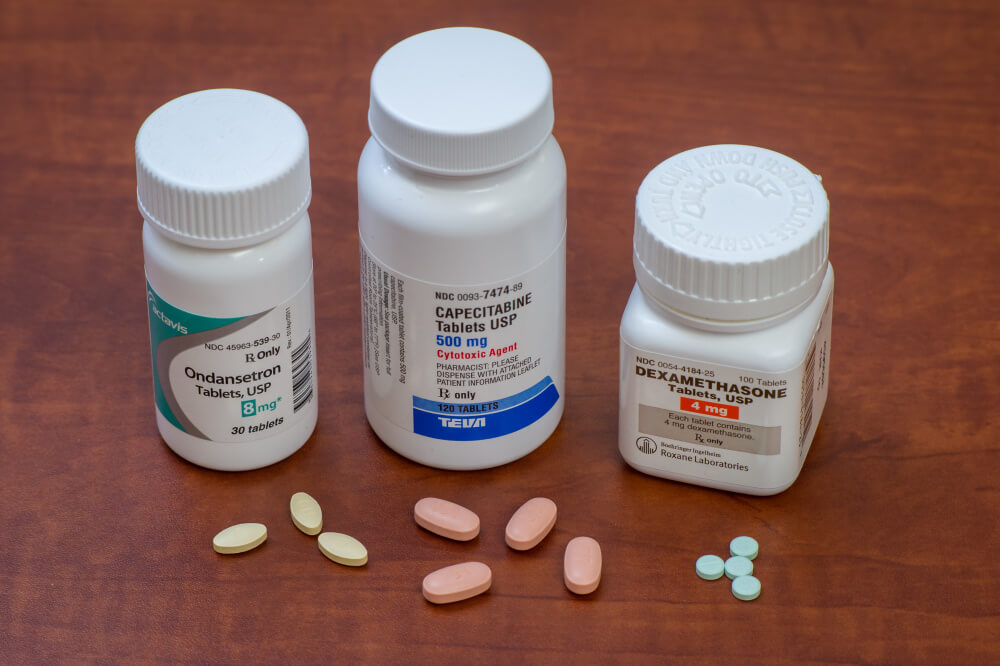It is widely assumed that if you have cancer, you will eventually lose all your hair. But is cancer itself the hair-loss culprit? The answer is no.
Alopecia, or hair loss, occurs as a secondary result of chemotherapy and radiation treatment. Both chemotherapy and radiation attack the rapidly growing cancer cells in your body. The treatment may also attack other normal, fast-growing cells, like the cells in your hair roots.
Although many chemotherapy drugs cause hair loss, it’s a myth that all cancer patients receiving treatment will experience alopecia. The severity of your hair loss will vary depending on which medications you’re taking, the drug dosage, and the frequency of treatment. While some patients experience only a mild thinning of hair, others may have more severe complications. Other types of treatment, such as radiation, will only cause hair loss on the area being treated.

What to expect
Chemo-related hair loss usually begins two to four weeks after starting treatment. It is also possible that you may experience hair loss other than your scalp, such as your eyebrows, eyelashes, and body hair. Though alarming, it’s not uncommon for your scalp to become tender and for your hair to fall out when brushing and washing it or in your sleep. But remember that the hair loss is temporary; hair usually begins growing back a few weeks after the end of treatment.
Can I prevent hair loss?
There is no guaranteed way to perfectly preserve your hair during treatment. There are several different treatments that have been investigated in preventing hair loss, but none have been 100 percent effective.
Scalp cooling caps are one option. The process involves putting a close-fitting cap filled with a chilled liquid around your head to reduce blood flow to your scalp, which means the chemo is less likely to affect your hair. You may get to keep at least some hair when using a scalp cooling cap, but it is still likely that thinning will occur.
You may speak to your doctor about other treatments such as minoxidil (Rogaine), a drug you can apply to your scalp during chemotherapy. More research needs to be conducted to make a strong claim for the drug, but it has been shown to potentially speed up hair growth rather than prevent hair loss.
Although you can’t prevent hair loss from occurring, you can manage it. Caring for your hair during treatment may slow down the process of alopecia. Wash your hair gently and less often, preferably with lukewarm water a mild shampoo like baby shampoo. You can also lower the chances of hair loss when sleeping by switching to a satin or silk pillowcase which reduces hair friction and tangles. Avoid applying heat to your hair in the form of curlers, blow dryers, etc., and don’t put your hair in braids, cornrows, or ponytails. And of course, there is always the option of wearing a wig, scarf, or turban on your head if desired. The costs of many wigs can be covered by your insurance; just have your doctor write a prescription that states it as a hair prosthesis secondary to alopecia.

I had Stage 4 Pancreatic Cancer. Had 2 Whipples in 2014 at DF, 12 rounds of “kitchen sink” chemo 4 types, never lost a hair, however, had 6 teeth fall out!! Still here after 5 years! Thank you Dr. Wang!!!!
How old are you? I am happy for you. My dad is almost 83 and newly diagnosed with stage 4 adenocarcinoma (stomach cancer) and peritoneal carcinomatosis (stomach wall cancer).